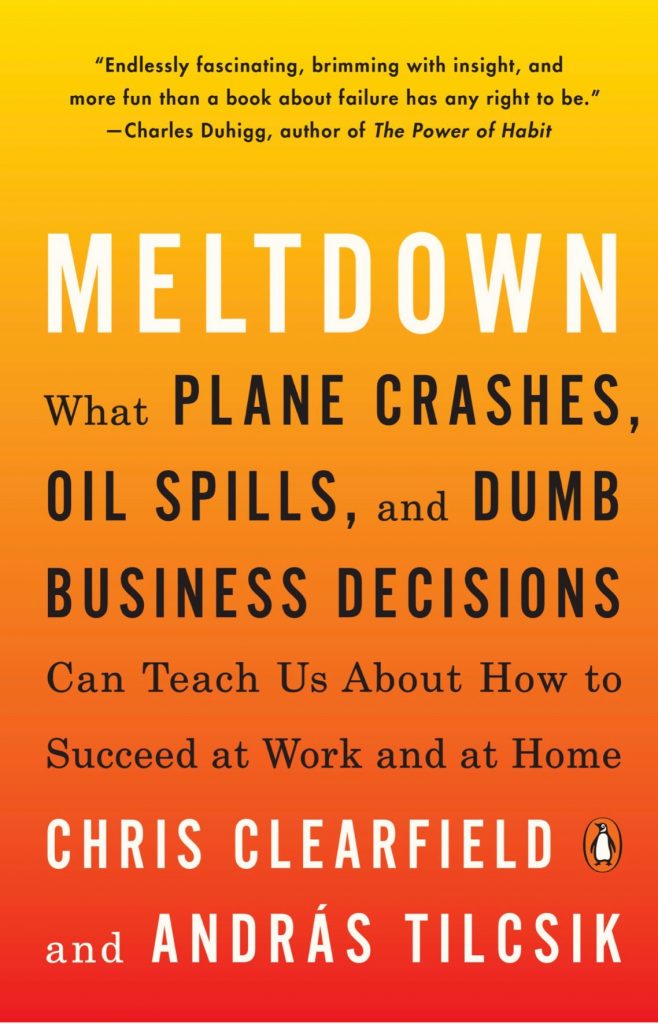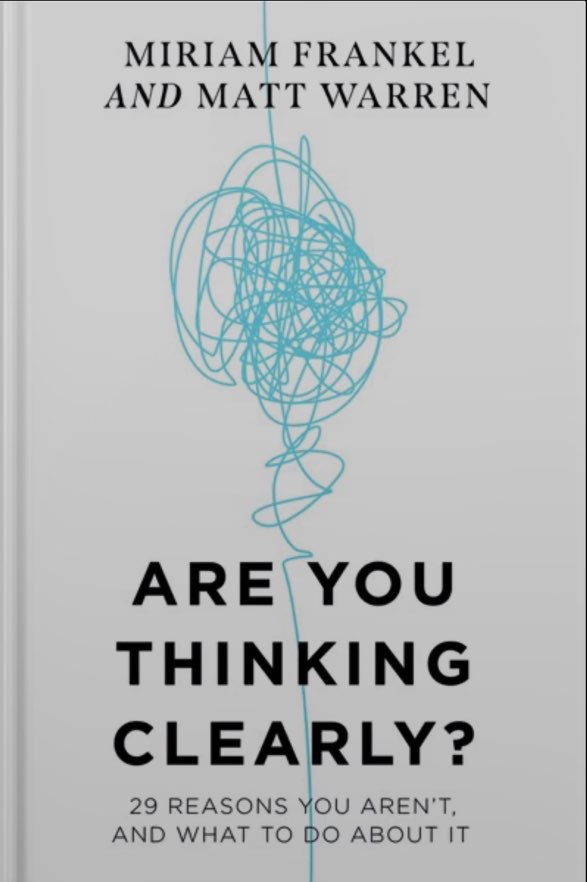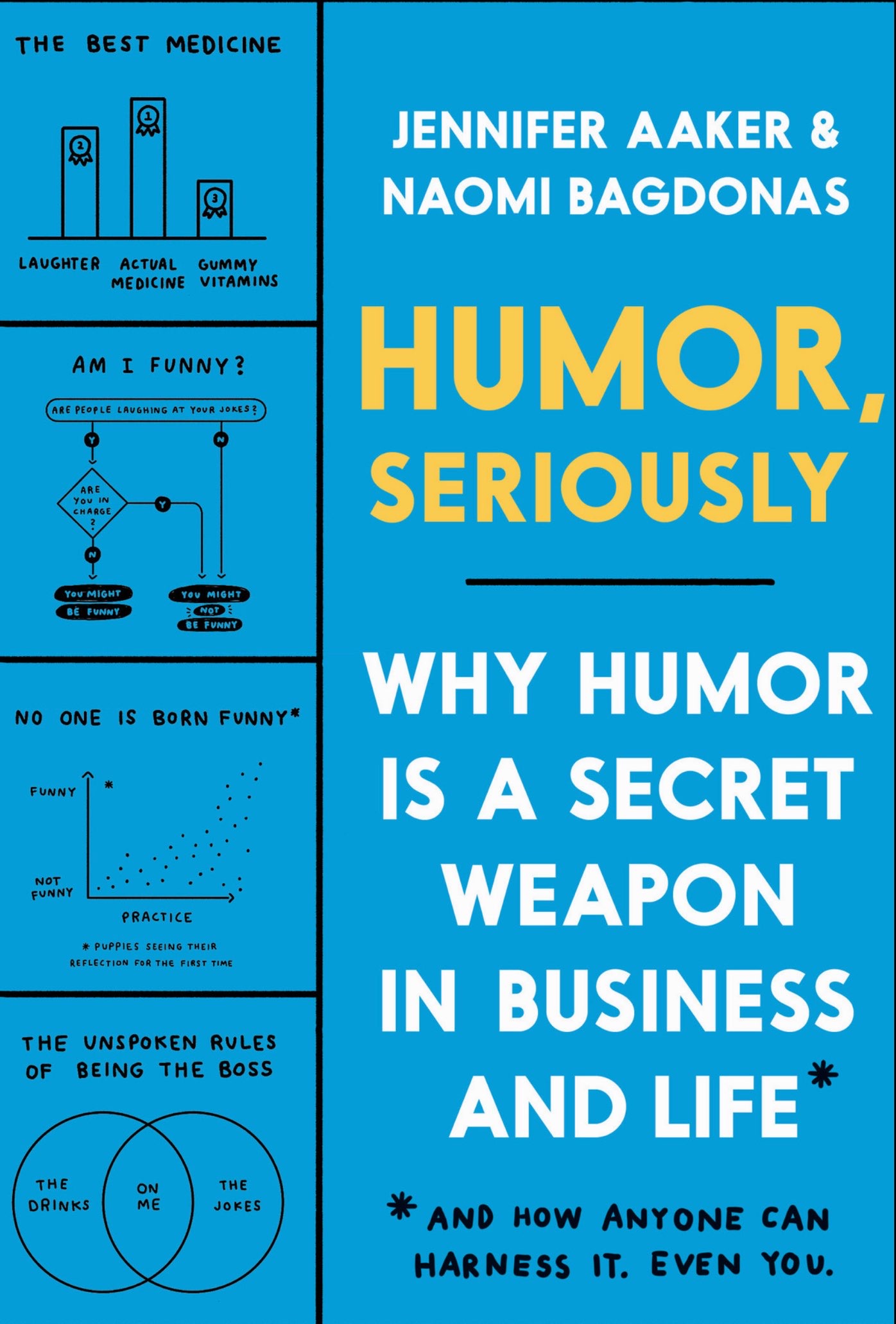Book Review: Note to Myself by Hugh Prather
I am not somebody who finishes a book in one sitting. I have three unfinished books in my library to prove that. The only one I have ever done before is a book called “The Toilet Paper Entrepreneur” which is easily finished in 20 minutes.
However, this book, I did finish in one and a half hours sitting in the park in Marietta Square while Sharmila was at her art show. The book is written mostly as thoughts journaled by the write Hugh Prather.
It is a very quick read but full of some insights that the author has gone thru…
Here are some that resonated with me:
1. My anxiety does not come from thinking about the future but from wanting to control it.
2. The key to motivation is to look at how far I have come rather than how far I have to go.
3. I believe that for almost everyone else life is also a mixture of unsolved problems, ambiguous victories and vague defeats – with very few moments of clear peace.
4. My trouble is I analyze life instead of live it.
5. Now that I know I am no wiser than anyone else, does this wisdom make me wise?
6. The number of things just outside the perimeter of my financial reach remains constant no matter how much my financial condition improves. With each increase in my income, a new perimeter forms and I experience the same relative sense of lack.
7. Don’t fight a fact, deal with it. Don’t discard your self, be more of it.
8. Most mistakes are corrected through increased awareness, which usually does not come without some discomfort.
9. The unstill part of the mind travels from one trivial issue to another, avoiding the present and avoiding love.
10. I can be faithful to my image or faithful to myself.
11. Most decisions, possibly all, have already been made on a deeper level than the sentence level of my mind and my going through a reasoning process to arrive at them seems at least redundant.
12. If the desire to do something is not accompanied by actual doing, then the desire is of not doing it.
13. I don’t think religion is an attainable subject for the intellect. I can only believe when I’m not talking about it.
14. I am noticing that when I am bored, I think I am tired of my surroundings but I am really tired of my thoughts.
15. If I feel disapproval of someone, if I find myself ignoring or turning away from someone in a group, I am probably avoiding in myself what this person represents that I believe is true about me.
16. There is no such thing as “best” in a world of individuals.
17. Whenever I find myself arguing for something with great passion, I can be certain I’m not convinced.
18. I find it almost impossible to make a strong declarative statement in conversation without feeling little nagging doubts and reservations.
19. I thought others’ liking me was a comment on me, but it is a comment on them.
20. If I feel compelled to answer every question, *I* am the one compelling me.
21. Silence can mean confidence. And mutual respect. Silence can mean live and let live: the appreciation that I am I and you are you. The silence is an affirmation that we are already together – as two people. Words can mean that I want to make you into a friend and silence can mean that I accept your already being one.
22. An argument is always about what has been made more important than the relationship.
23. I get along with people a lot better when I recognize that no one ever feels exactly the same about me or anyone else from one moment to the next.
24. All acquaintances are passing.
25. Perceptions are not of things but of relationships.









